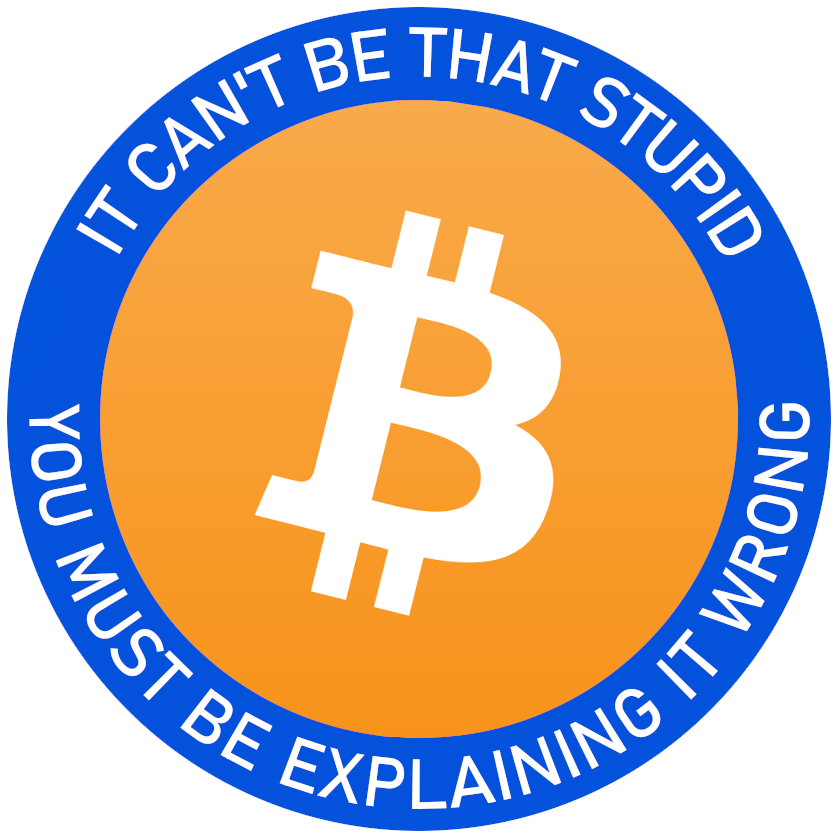this post was submitted on 14 Oct 2024
9 points (100.0% liked)
Buttcoin
686 readers
31 users here now
Buttcoin is the future of online butts. Buttcoin is a peer-to-peer butt. Peer-to-peer means that no central authority issues new butts or tracks butts.
A community for hurling ordure at cryptocurrency/blockchain dweebs of all sorts. We are only here for debate as long as it amuses us. Meme stocks are also on topic.

founded 1 year ago
MODERATORS
you are viewing a single comment's thread
view the rest of the comments
view the rest of the comments
Posting the abstract, because it's solid gold and deserves attention.